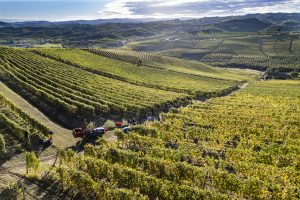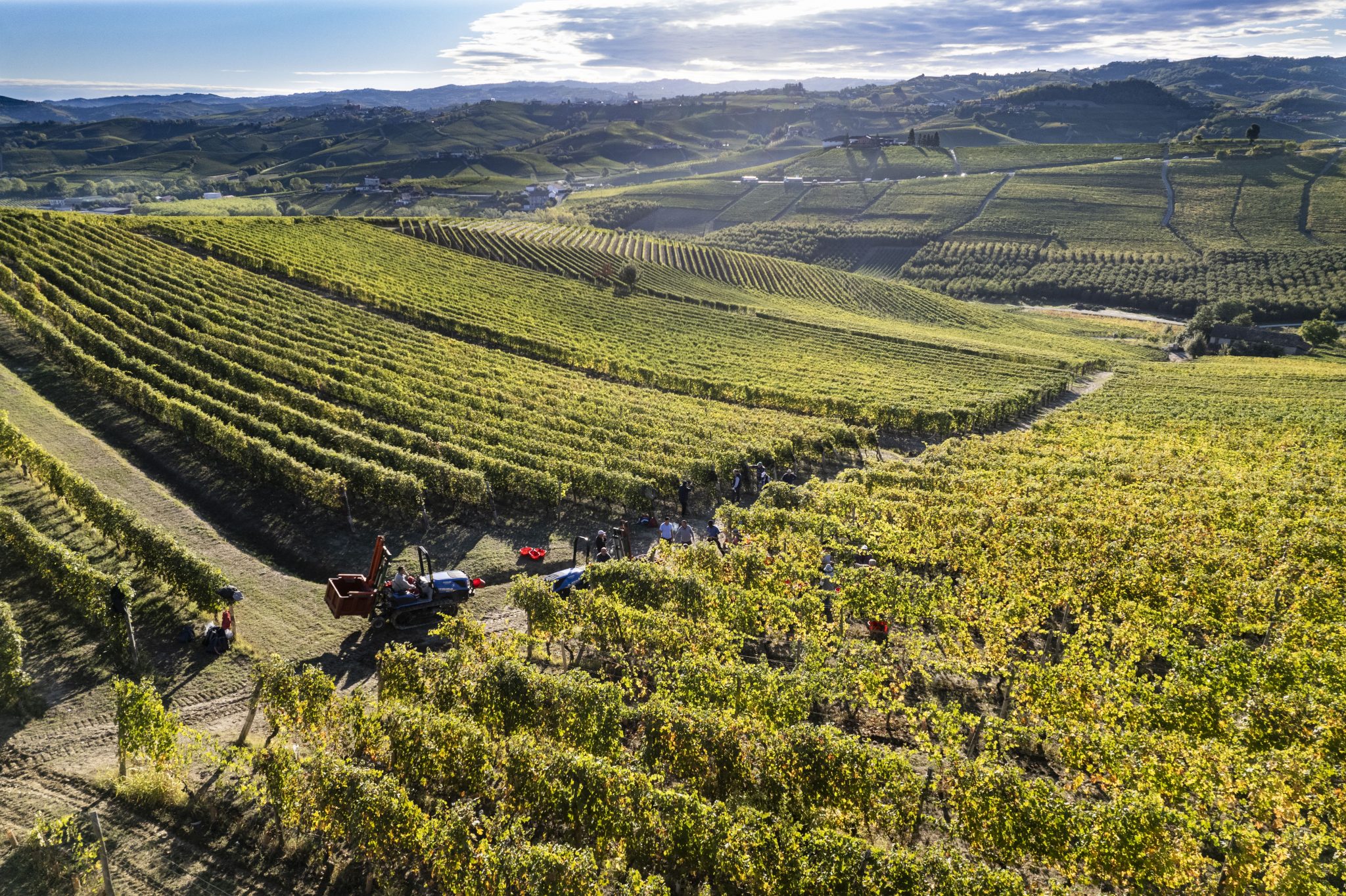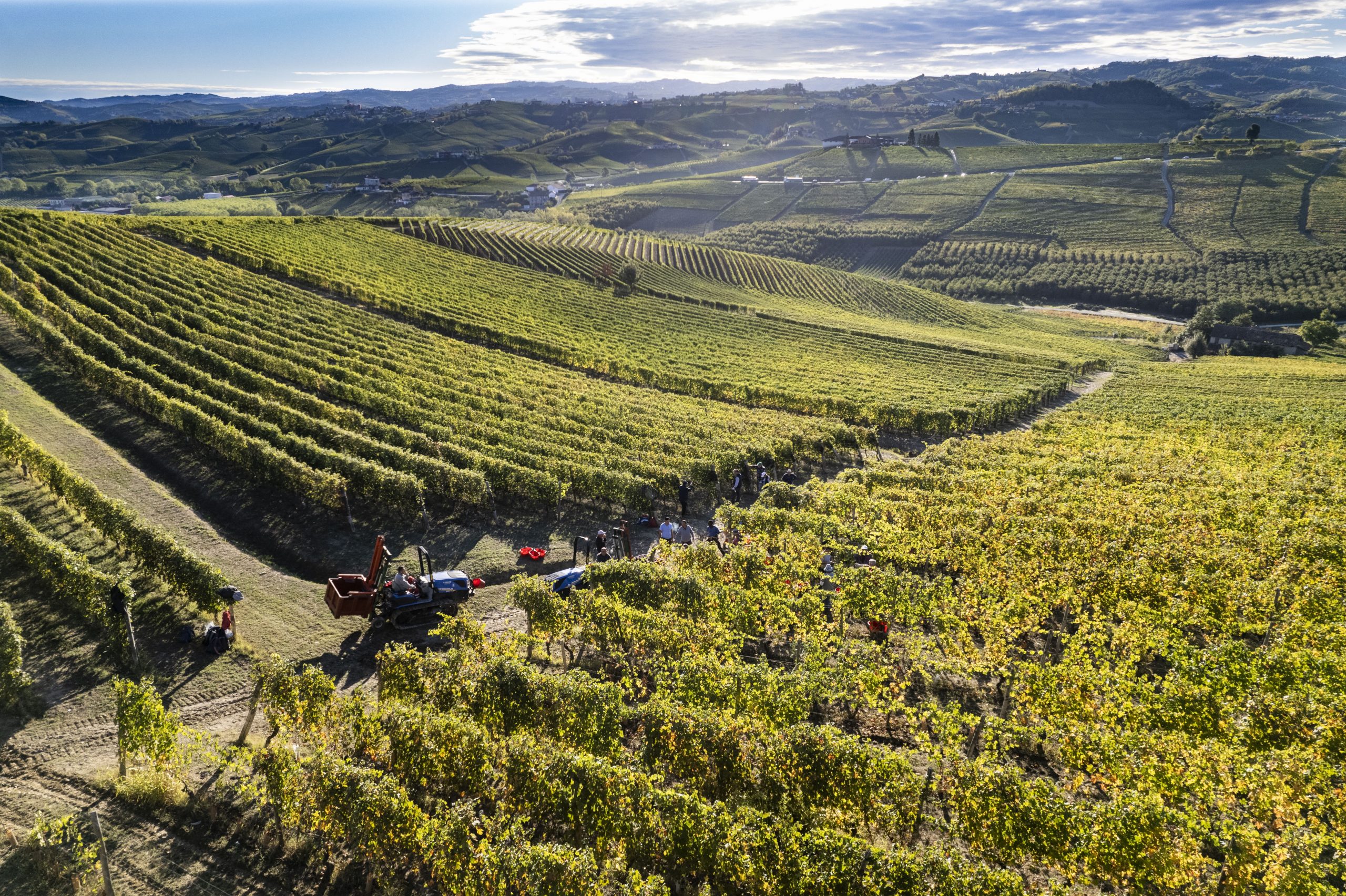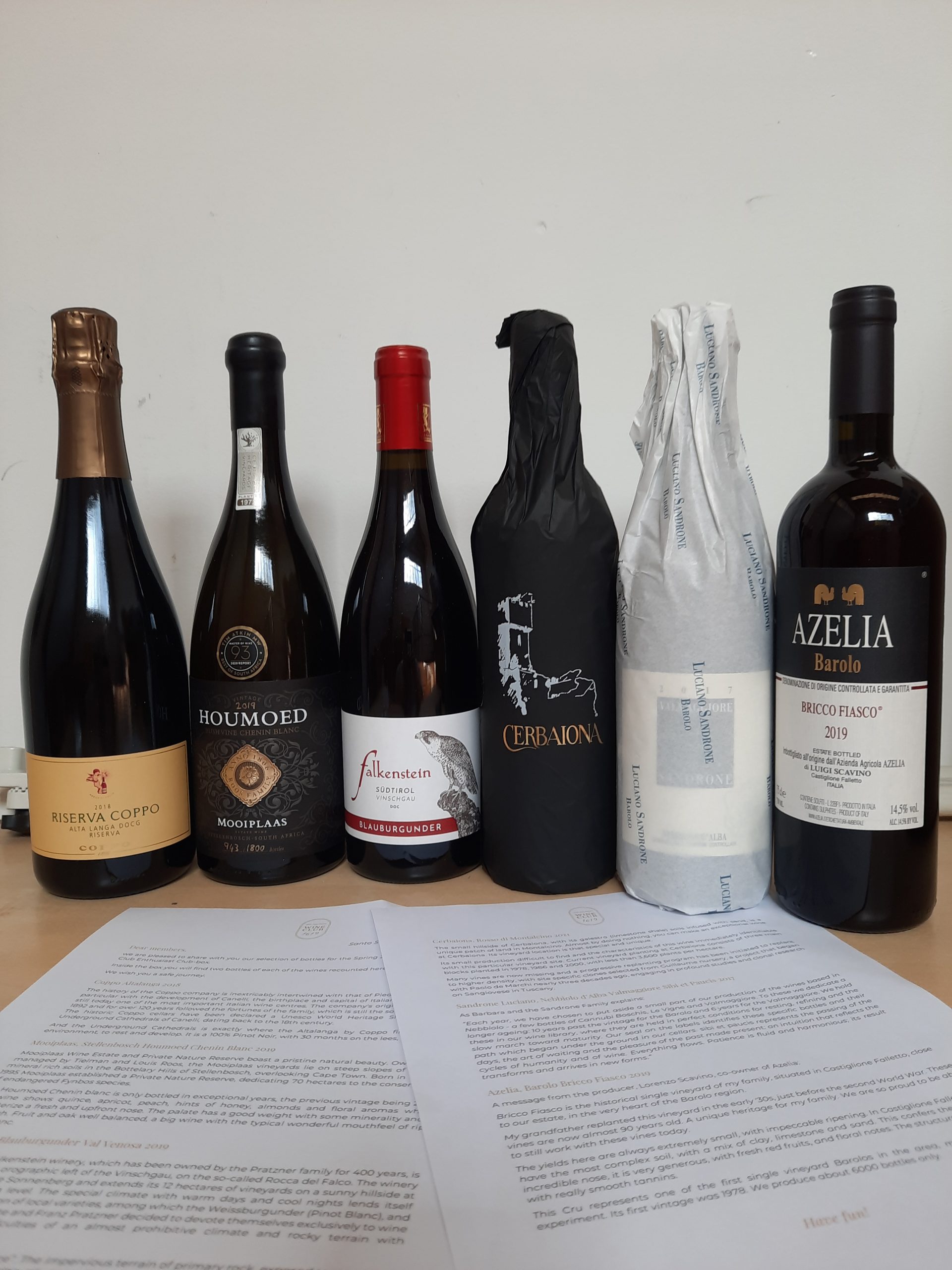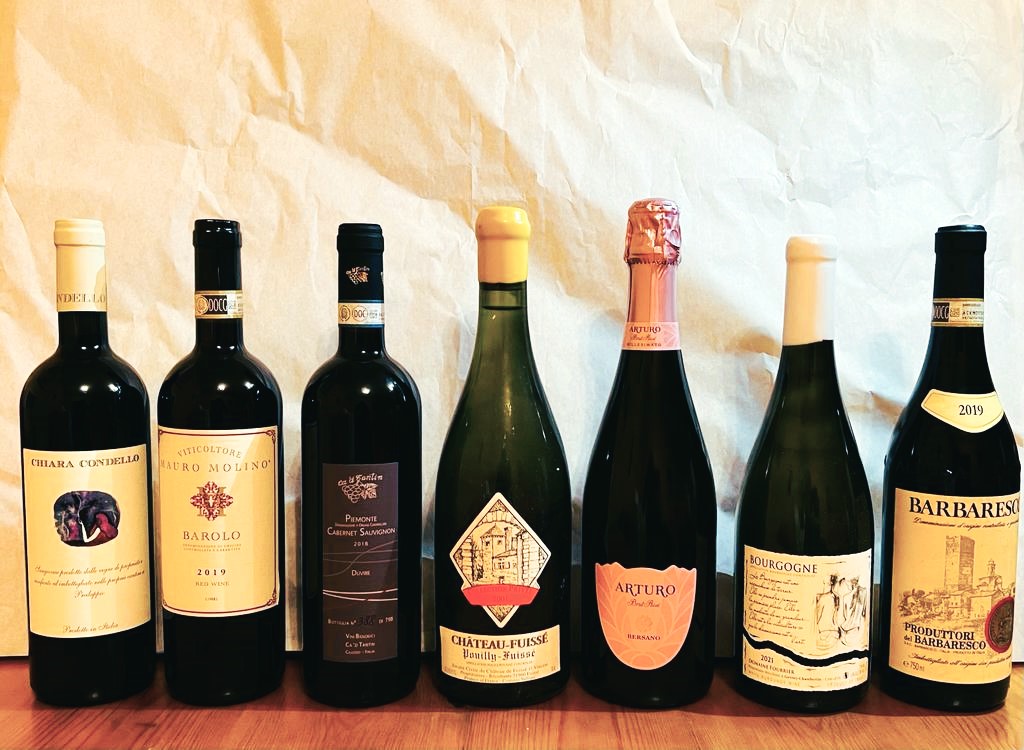The online press conference of the producers of the Associazione Deditus, dedicated to the Nebbiolo da Barolo 2024 harvest, was held again this year.
Gianni Gagliardo, President of Deditus, opened the debate by emphasising the complexity of a vintage that proved to be as challenging as it was interesting to analyse. “This vintage has been a real challenge, but it has also offered many reflections. It is a unique opportunity, today, to be here to discuss with colleagues how each of us has dealt with the difficulties, and to share all this with industry professionals.”
The vintage opened with a particularly wet spring and a hot summer, and ended under the pressure of heavy rains that forced an accelerated harvest. A true test of resilience for producers, but also an opportunity to improve vineyard management and once again address the issue of adapting to climate change.
Lorenzo Scavino of Azelia noted how the 2024 vintage was a unique experience, especially for the new generation of winegrowers: ‘We had weather conditions never seen in the last 30 years. The spring rains and a summer with heat waves greatly influenced the work in the vineyard’. The threat of autumn rains forced a quick harvest, but the end result looks promising: “with a slightly lower alcohol content than in past vintages, and excellent acidity, the wines promise to be fresh and balanced.”
According to Stefano Chiarlo of Michele Chiarlo, the producer’s work was crucial in managing a harvest that required maniacal attention. “This year the work in the vineyard was almost surgical: each bunch was monitored with extreme care. The position of the vines, especially in the ‘sorì’ of Barolo, made the difference,” explained Chiarlo, referring to the sunnier areas that contributed to a quality harvest despite the difficult climatic conditions.
Enrico Olivieri, oenologist at the Cordero di Montezemolo winery, also emphasised how crucial manual labour was in this harvest. The year 2024 was ‘a long harvest, but short in the actual days of harvesting’, the rain forced many producers to schedule the grape harvest in a tight timeframe. The result? A vintage that required more experience and great care, but above all, a vintage in which the difference was made by the people, the workers, who had to juggle flexibility and commitment and who once again demonstrated how the team makes the difference.
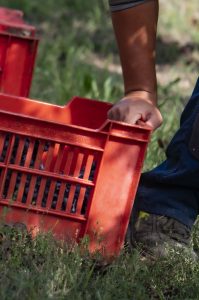
Luca Sandrone (Sandrone Luciano) added that although this vintage was atypical compared to the last 20 years, “it did not deviate from the historical average of the area.” For him, the vintage was something of a return to the past, with a greater commitment to managing the work teams and the timing of the harvest. “The entrepreneur must be able to administer the work precisely, especially in the case of extreme weather events such as the heavy rains that characterised this vintage,” Sandrone explained.
Eugenio Palumbo of Vietti also observed positive aspects despite the difficulties. For him, the rain had a beneficial effect on the younger vines, especially after the previous vintage. “The young vines were really put to the test, but the rain came in time to save them,” said Palumbo. “The effort we put in, from first to last,” concludes Gianluca Torrengo, Prunotto‘s winemaker, “was to try to squeeze as much as possible out of what this vintage gave you and try to control the defects and amplify the moments of opportunity.”
Despite the difficulties, many producers agree that the wines of this vintage will be characterised by great freshness and finesse. Stefano Gagliardo, Poderi Gianni Gagliardo, for example, said that this year’s wines might have a more ‘subtle’ profile than in other years, but one of great elegance. “The tannins are ripe and the aromas are already very promising,” Gagliardo noted. And on the other hand, as Pio Cesare Benvenuto recalls, ‘wines often hold surprises in store for us. “Vintages that were initially described as very critical have been able to redeem themselves in the years to come.”
The 2024 harvest was undoubtedly one of the most challenging for the Langa producers, but it also demonstrated the region’s great ability to adapt to the challenges of climate change. As Gianni Gagliardo said, ‘Every harvest is an opportunity to learn something new, to improve and to adapt to new conditions. The Langa is used to doing this, and this harvest has taught us a lot.”
Against a backdrop of climatic uncertainties and production challenges, the 2024 vintage presents itself as an example of resilience, where difficulties have been met with commitment, experience and a long-term vision. If the resulting wines live up to expectations, it will be thanks above all to the tireless work of winegrowers and wineries, ready to turn every difficulty into an opportunity for the growth and evolution of the territory.
